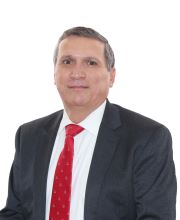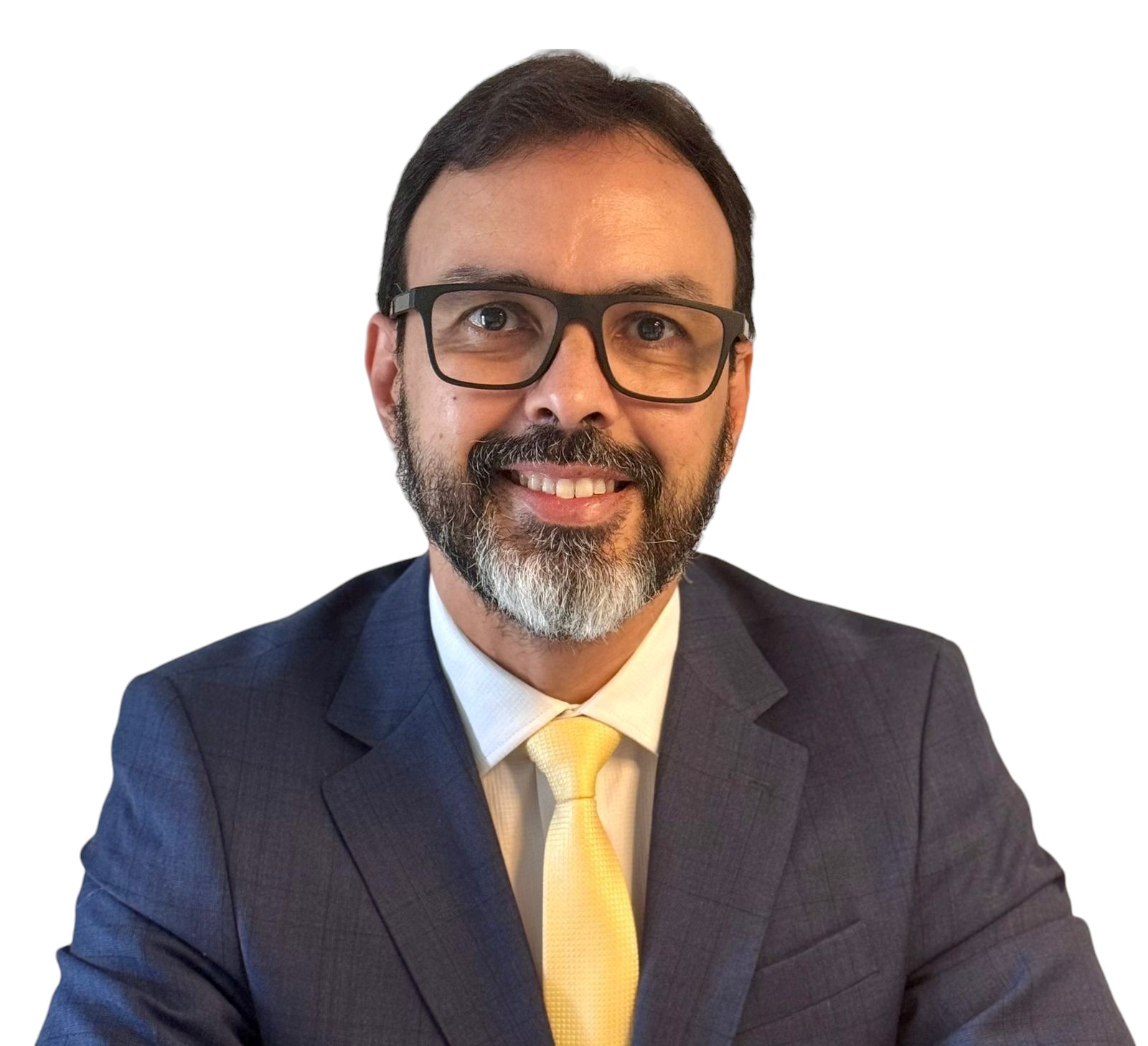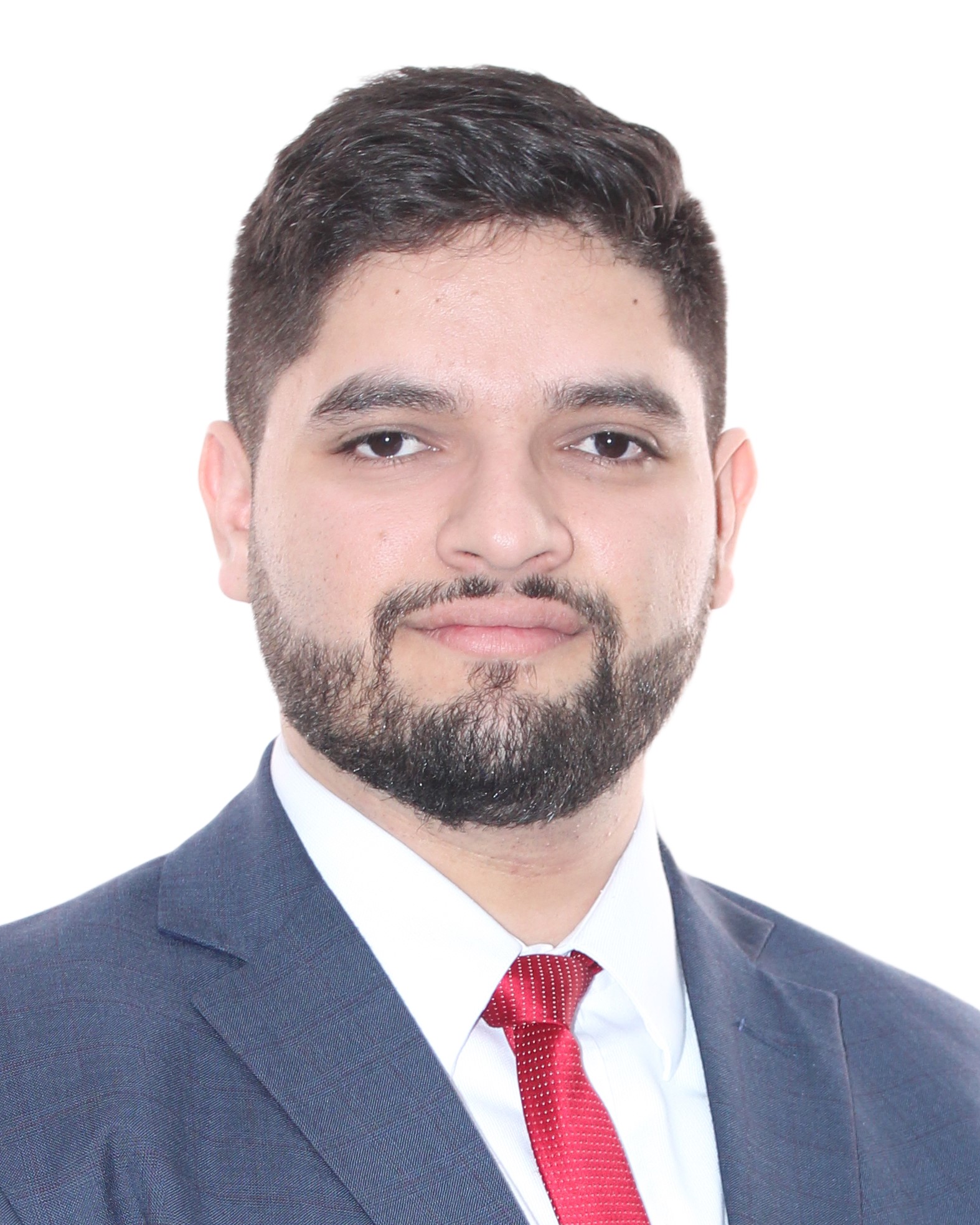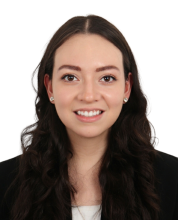About CAPTAC-DR
Executive Summary
REGIONAL TECHNICAL ASSISTANCE CENTER FOR CENTRAL AMERICA, PANAMA AND THE DOMINICAN REPUBLIC (CAPTAC-DR)
Objectives and priorities: The Main objective of the Regional Technical Assistance Center for Central America, Panama and the Dominican Republic (CAPTAC-DR) is to increase technical assistance and high-quality training for the strengthening of the technical and institutional capacities of member countries. The technical assistance and training offered by CAPTAC-DR complements and reinforces capacity building activities for the IMF headquarters region. The Center seeks to provide its assistance in a focused, flexible and adjusted to the needs of member countries. It also seeks to reinforce the ownership of capacity building by its members. CAPTAC-DR provides assistance at the national and regional levels, in close coordination with other technical assistance providers in the region. Additionally, the Center seeks to support regional integration initiatives.
The Centre's activities focus on key areas that present common opportunities for institutional strengthening in member countries, including those that contribute to the region's economic integration: tax administration, customs administration, public financial management, financial regulation and supervision, central banking, real sector statistics and public finance statistics.
PHASE III OF CAPTAC-DR (MAY 2019 - APRIL 2024)
The Centre has become an effective tool for capacity building in Central America, Panama and the Dominican Republic. The capacity-building assistance provided by the Centre has contributed to improving macroeconomic frameworks in its member countries, strengthening their capacity for the formulation and implementation of macroeconomic policies that promote macroeconomic and financial stability and inclusive economic growth. CAPTAC-DR has also contributed to the improvement of macroeconomic statistics and their regional harmonization, based on international standards and best practices, supporting in this and other areas initiatives that promote greater regional integration.
The Centre's operations in the Third Phase (2019-24) have been based on the progress made in the previous phases. CaptaC-DR's work continues to focus on: modernizing tax and customs administrations to mobilize additional budgetary revenues and facilitate foreign trade; strengthen public financial management systems in order to strengthen the design and implementation of fiscal policies; strengthening the operational framework for monetary and exchange rate policy to support macroeconomic stability; strengthen the regulation and supervision of the region's financial systems in order to support financial stability; and improving the quality of macroeconomic statistics to facilitate economic policy decision-making.
During this Phase, the Center also seeks to contribute to capacity building to address cross-cutting policy issues (inequality, gender equity, climate change, governance and transparency, and technology and digitalization). Its implementation has been reflected through various regional and bilateral projects within the annual work plans and requires close collaboration with IMF country teams and partners. Capacity building on these issues seeks to contribute to the implementation of the Sustainable Development Goals.
The total number of resident advisers remains at seven: three in the tax area (tax administration, customs administration and public financial management), two in the monetary and financial sector (central banking and banking regulation and supervision); and two in macroeconomic statistics (real sector and public finances).
The strategy and objectives for Phase III of the Center were identified through extensive consultation with member countries, regional councils (the Central American Monetary Council, the Council of Ministers of Finance of Central America, Panama and the Dominican Republic, and the Central American Council of Superintendents of Banks, Insurance and Other Financial Institutions), external partners and other capacity development providers, and were raised in the Programme Document for Phase III.
The Centre's work during this phase will focus more on results, reflecting the recent adoption of results-based management. For each technical assistance project at the regional and national levels, indicators and milestones shall be defined in such a way as to serve as a simple and reliable means of measuring progress and facilitating the verification of progress throughout the project. Progress in the implementation of technical assistance recommendations and the achievement of results will serve, together with the criteria of relevance and urgency of technical assistance, to guide the allocation of resources of the Center. To the extent possible, the indicators will be linked to regional objectives and those of other donors to facilitate coordination. However, the implementation of the recommendations will remain the full responsibility of national authorities.
The total estimated cost for Phase III operation of CAPTAC-DR is approximately US$43 million. Of these, US$40 million corresponds to cash contributions from external partners and member countries.
Organizational and Operational Arrangements: The organization of CAPTAC-DR is similar to that of other IMF regional technical assistance centers:
- the Steering Committee — composed of representatives of recipient countries, donors and IMF — provides the Center with strategic guidance;
- the Coordinator of the Center— who is an IMF staff member— is responsible for the day-to-day management of the Center; and
- the Center's staff, which is made up of resident advisers and short-term experts who are hired, supervised, and supported by the IMF.
CAPTAC-DR work plans are integrated into the IMF's regional technical assistance strategy for Central America, Panama, and the Dominican Republic.
Internal Governance Structure
The Steering Committee gives overall strategic guidance and contributes to determining priorities, including the validation of the Annual Work Plan. The annual budget in U.S. dollars is presented for the committee's information.
Members of the Management Committee
- Beneficiary countries: Presidents of the Central Banks, Ministers of Finance of Costa Rica, the Dominican Republic, El Salvador, Guatemala, Honduras, Nicaragua and Panama; and the President of the Central American Council of Superintendents of the Financial Sector.
- External partners: Central American Bank for Economic Integration, Colombia, Spain, Luxembourg, Mexico, Norway and the European Union.
- IMF: Western Hemisphere Department, IMF Capacity Development Institute, and Capacity Development Departments.
- Permanent Observers (former official) to the Committee: the executive secretaries of the Central American Monetary Council, the Council of Finance Ministers and the Central American Council of Financial Sector Superintendents.
- The Coordinator of the Center serves as secretary of the Steering Committee.
Committee Decision Making
Decisions are taken by consensus. If there is no consensus, they are adopted by vote. Each member country and each external partner has the right to one vote.
Chairmanship of the Management Committee
The Chair of the Steering Committee is rotated annually. The Acting President of the Central American Monetary Council serves as Chairman of the Committee and the Acting President of the Council of Finance Ministers as Vice-President.
Meetings
The Steering Committee agreed that future annual regular meetings would be held in Washington, D.C. on Wednesday of the week of the SPRING Meetings of the IMF and the World Bank.
Work Plan
The Resident Advisers and the Coordinator of the Centre formulate the Work Plan in close collaboration with the beneficiary countries and in coordination with the International Monetary Fund and other providers of technical assistance to the region. The Work Plan is submitted to the Steering Committee for formal validation.
Diffusion
The Center follows the IMF's current policy for the dissemination of technical assistance reports. The Centre's documents and information, including reports on technical assistance, are disseminated through its website, with restricted access for members.
Ari Aisen
|
Ari Aisen is the Director of the Regional Technical Assistance Center of the IMF for Central America, Panama, and the Dominican Republic (CAPTAC-DR).
He has extensive experience working in countries with IMF programs and surveillance in Africa, Asia and the Pacific, as well as in the Western Hemisphere. For example, he has worked on Uganda, Nepal Bolivia, Uruguay, and the Dominican Republic.
Additionally, Ari has bee a resident representative in Nigeria, Mozambique, and Tajikistan.
Moreover, he served at the Central Bank of Chile, where he gained valuable experience in formulating monetary policies under an inflation targeting framework.
 |
José Alfredo Tijerina |
 |
Enio Motta Jr. |
Luis Arango |
TBD |
 |
Jorge Álvarez |
TBD Expert in Real Sector Statistics |
Sonia Sanabria |
 |
José Andrés Castañeda |
 |
Andrés Navas |
%20(002).jpeg) |
María José Velázquez |
Valeria Ramírez Assistant |
 |
María Jimena López |
 |
María Eugenia Mejía |
 |
Eduardo Camey |
 |
Hector Ramos |
Professional Opportunities
See job opportunities at the IMF Regional Technical Assistance Center for Central America, Panama, and the Dominican Republic.
Technical and Administrative Assistant
Deadline: January 17, 2025
